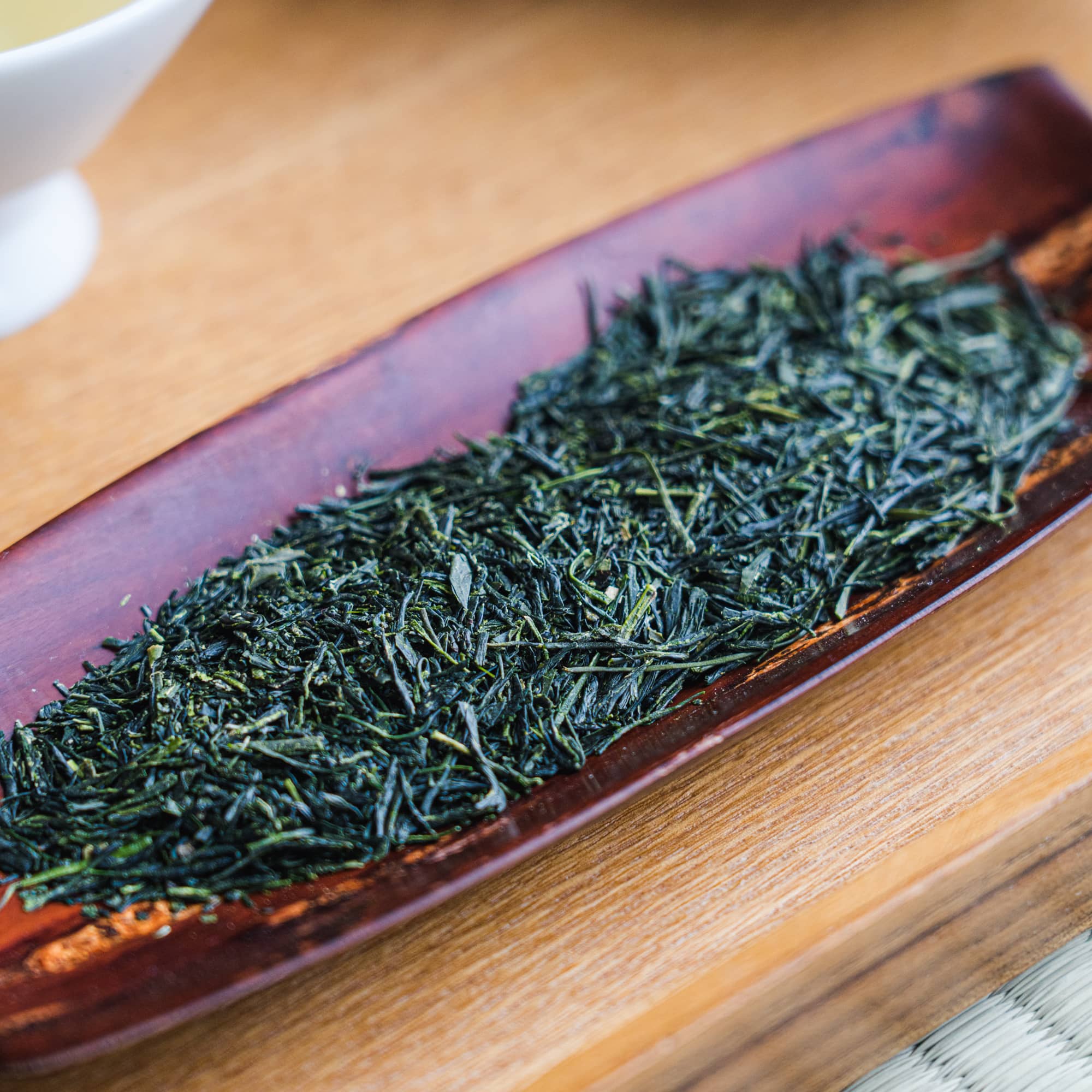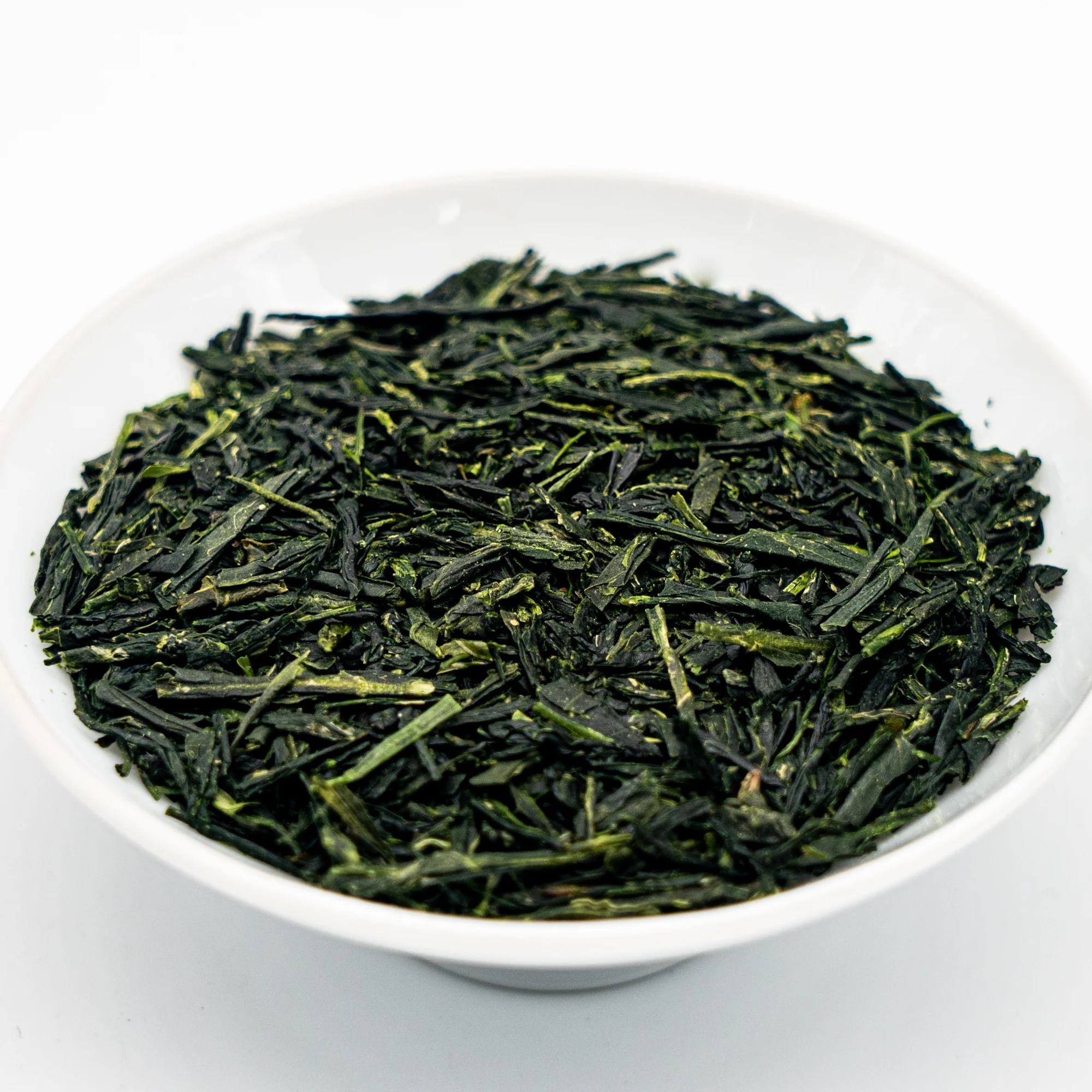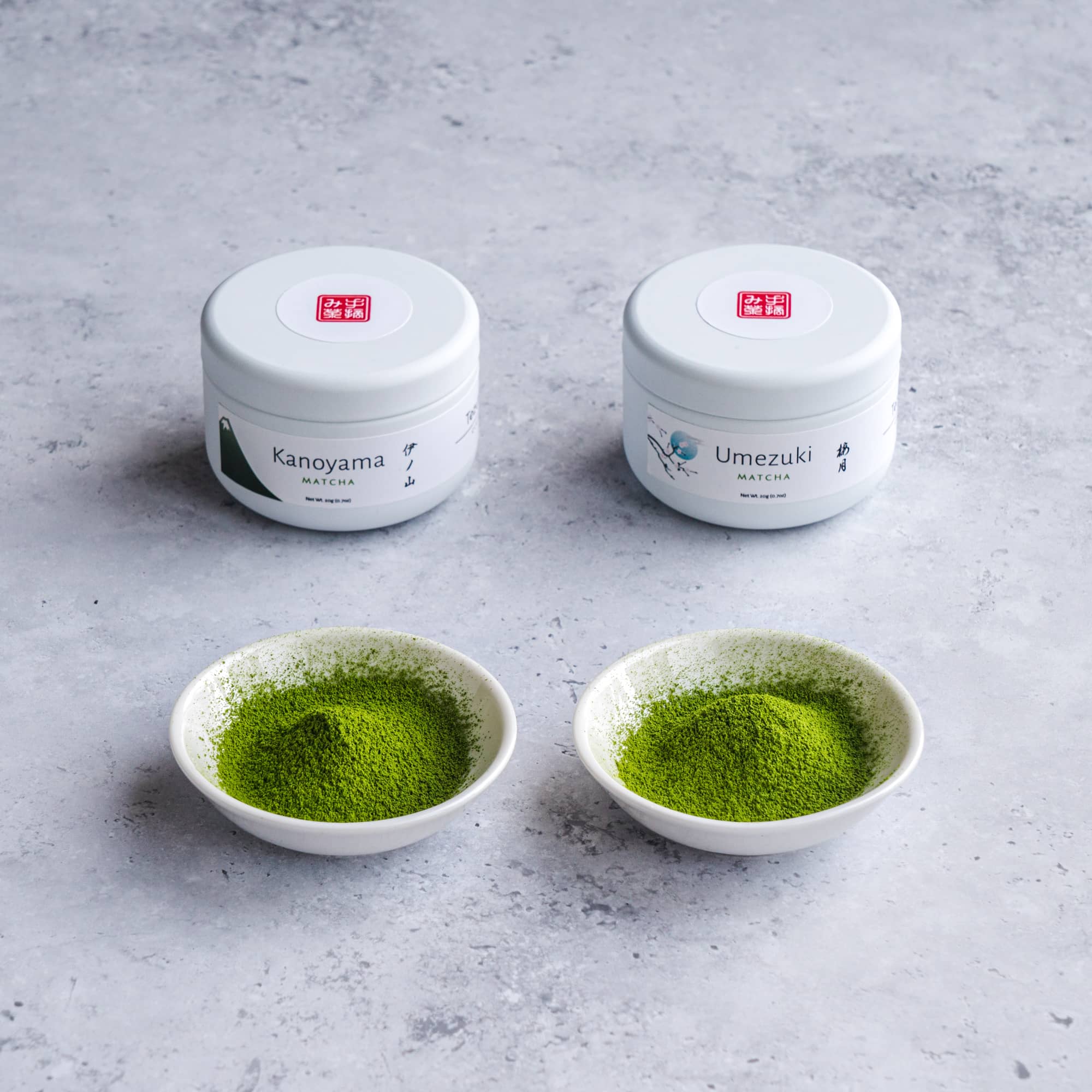Made entirely by hand from picking and steaming to masterful hand-rolling, this sencha delivers a taste unparalleled by machine-made tea. Each small batch takes over six hours to gently knead into thin, beautiful, intact needles.
Temomicha (手揉み茶 - hand-rolled tea) represents the pinnacle of sencha production. Historically, all sencha was hand-rolled, however mechanisation of the sencha rolling process allowed farms to produce sencha faster and cheaper. Hand-rolling would have died out if it weren't for the various temomi preservation societies, which have turned this vanishing tradition into an annual competition. Now extremely rare, hand-rolled teas are made from top quality leaves and processed to perfection.
Like all sencha, temomicha is first steamed to deactivate the oxidising enzymes. To keep the leaves intact and preserve their fresh flavour, temomicha is steamed very lightly. From there, the leaves are rolled in a multi-stage process designed to break down the cell walls, even out the moisture content, dry the leaves, and finally shape them into tightly-rolled needles. All of this takes over six hours and takes place on a specialised table called a hoiro (焙炉) which covered in washi paper and heated from underneath—traditionally by charcoal, alternatively by gas or electric element.
The entirely handmade nature of this tea is evident in all aspects of it: the perfect needles, the exquisite aroma, the intact leaves that unfurl as they steep, and the complex taste and silky texture. This tea shows of the rarely seen zing of Yabukita, which evolves in to a fresh and tingly finish, reminiscent of nashi pears.
Of Shizuoka's many tea-growing regions, tea from Honyama is praised for its transparent and elegant taste, deriving from the mineral rich soil and the subtle, natural shade of fog and mountains. Tea grown on the slopes that border the Abe and Warashina Rivers, which flow through Shizuoka, is said to be Honyama tea. Along with the neighbouring region of Kawane, Honyama tea is often grown at a higher elevation than most other Japanese teas. Tea from this region has been grown and revered for centuries, and has even been presented as tribute to the Emperor by order of Tokugawa Ieyasu in the Edo period. Typically unshaded and lightly-steamed, honyamacha is known for its clear, crisp taste, and distinctive aroma, known as yama no kaori (山の香) or mountain aroma.

Cultivar: Yabukita
Region: Honyama, Shizuoka
Producer: Moriuchi Chanoen
Harvested: April 29, 2021
Elevation: 150m
Picking: Handheld Machine
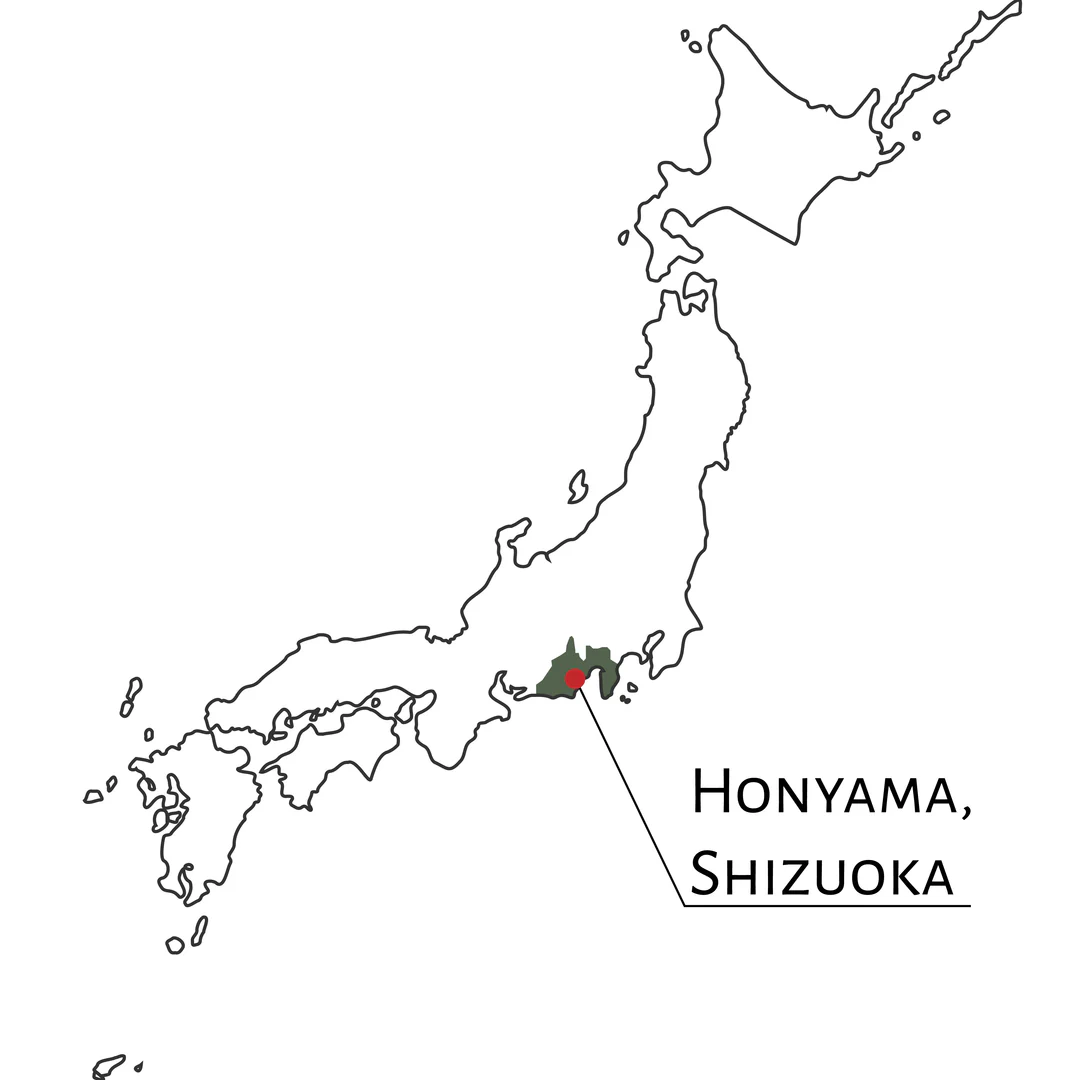
Brewing Instructions

Tea/Water Ratio

Water Temperature

Brewing Time
Meet the Producer
Moriuchi Chanoen (森内茶農園)
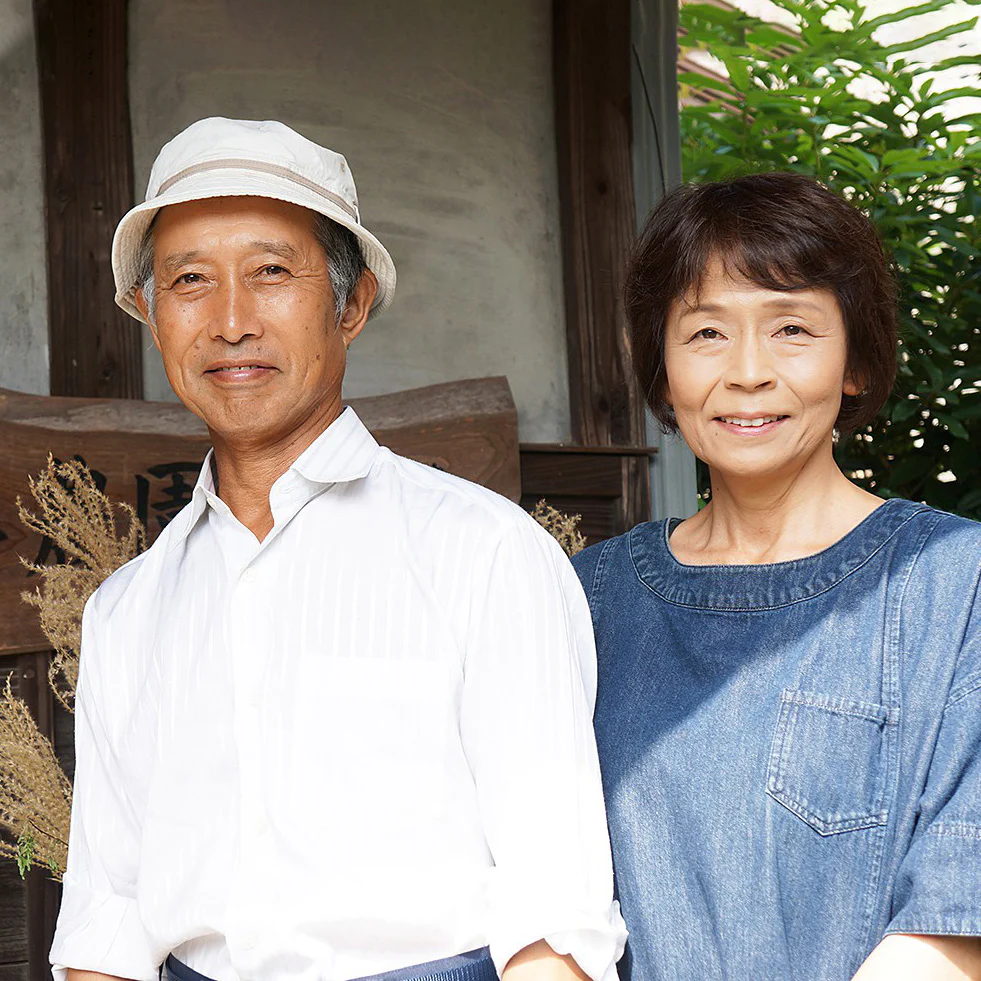
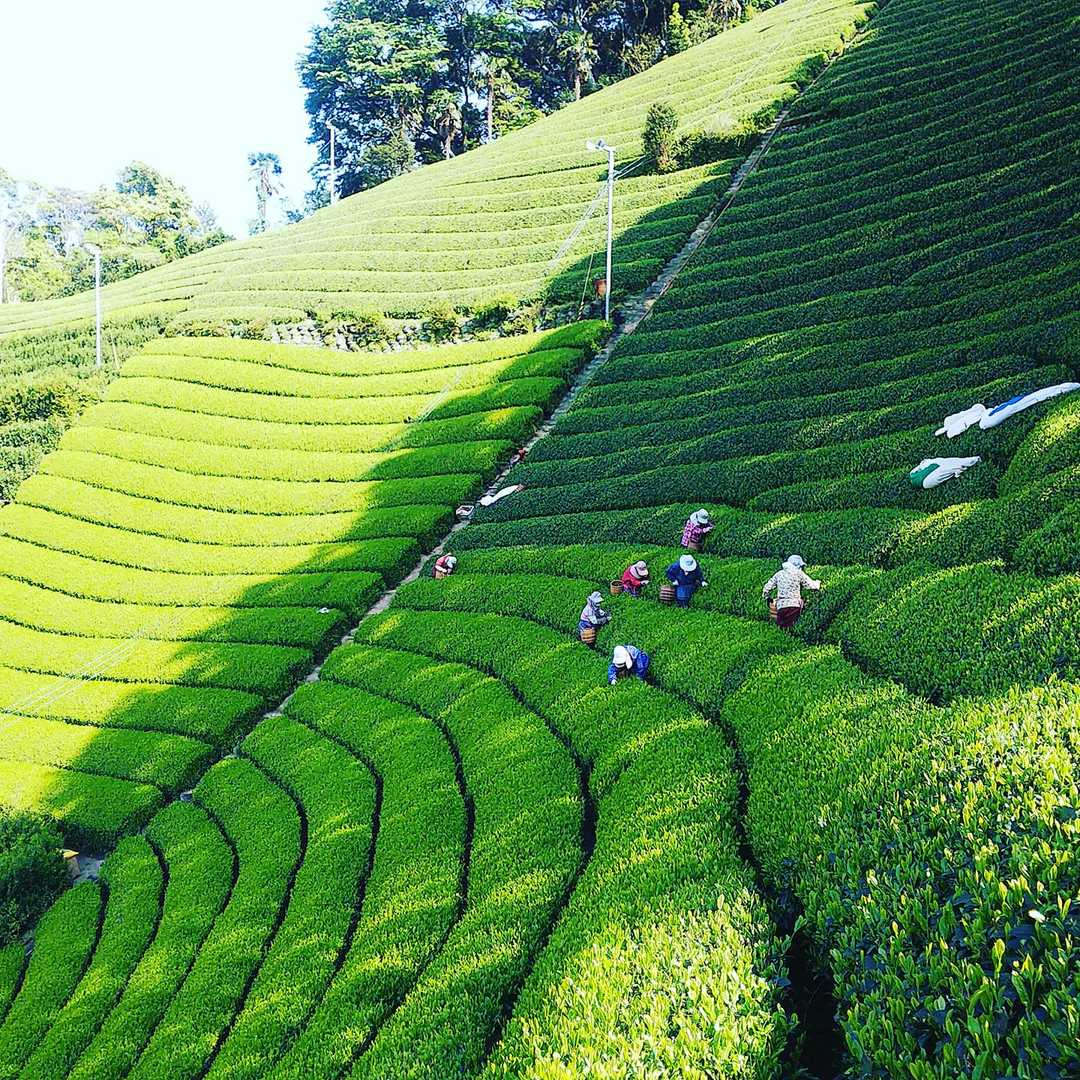
Cultivar: Yabukita
Our Loose Leaf Selection
View all